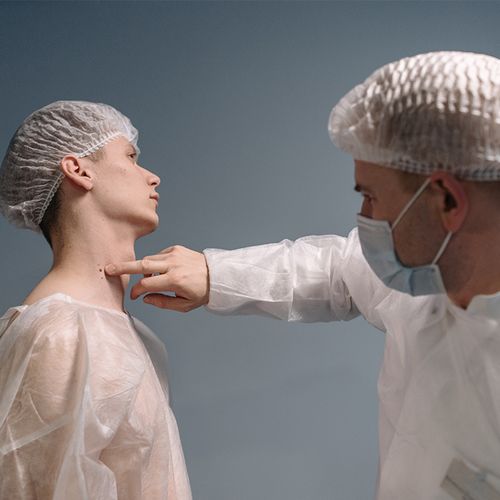Internal medicine residents aren't getting the training they need to become primary care doctors, who are expected to be in greater demand as the US population ages, contends a study from Johns Hopkins.
Focus On Hospitalization
They're unprepared to care for people with such ongoing health problems as diabetes, high cholesterol and hypertension, the study says, though they may be well-versed in treating someone who's hospitalized.
"When I graduated from residency here, I knew much more about how to ventilate a patient on a machine than how to control somebody's blood sugar-and that's a problem," Stephen Sisson, MD, a general internist and associate professor of medicine at the Johns Hopkins University School of Medicine and the study's leader, said in a Hopkins news release.
For the study, published in the American Journal of Medicine, Dr. Sisson and his colleagues analyzed the performance of internal medicine residents at 67 US medical residency programs during a single academic year.
"The average resident doesn't know what the goal for normal fasting blood sugar should be," Dr. Sisson said. "If you don't know what it has to be, how are you going to guide your diabetes management with patients?"
Inpatient Vs. Outpatient Care
This stems from medical school curricula that focus on inpatient care, even though outpatient visits account for 90% of all visits with doctors, according to the study.
The researchers did find that doctors who completed internal medicine residency programs at community hospitals were better prepared to handle outpatient needs than were those who had trained at academic medical centers.
"We need to change the way we teach residents," Dr. Sisson said. "If the mission of internal medicine residency programs is to meet society's health-care needs, then our results suggest that these training programs are failing."
